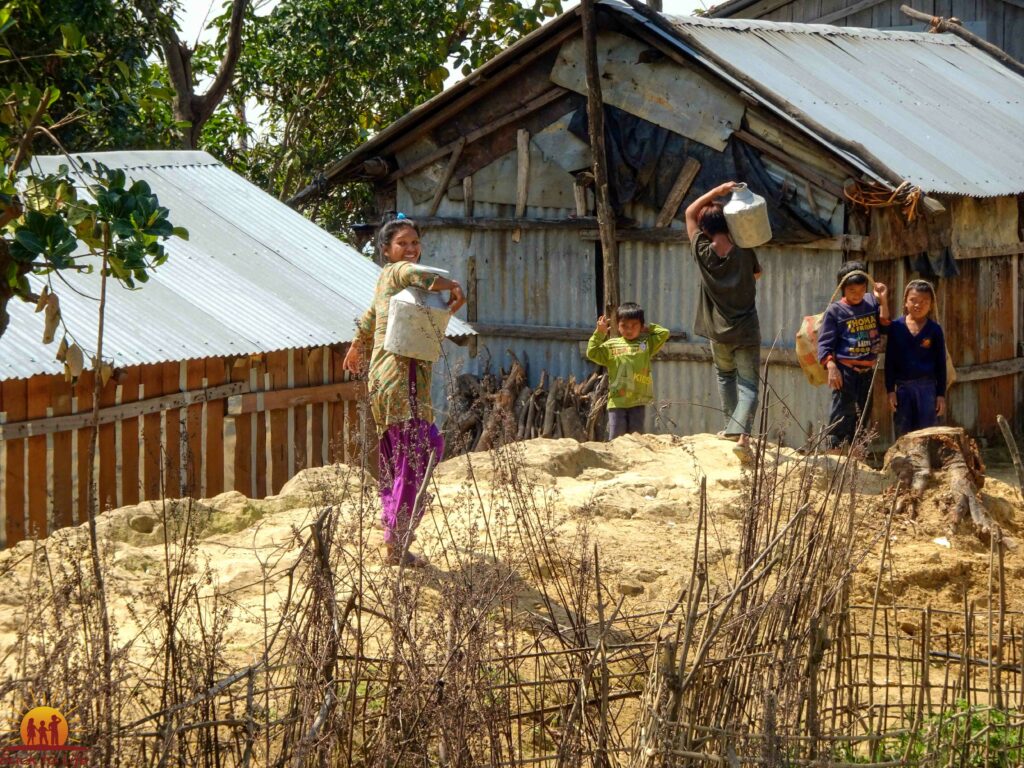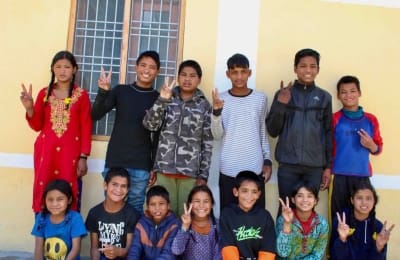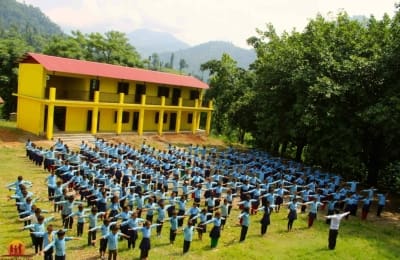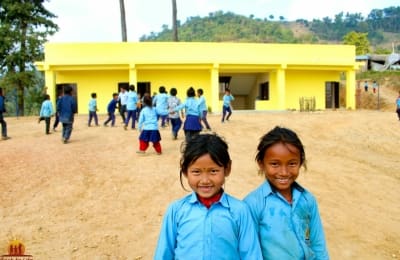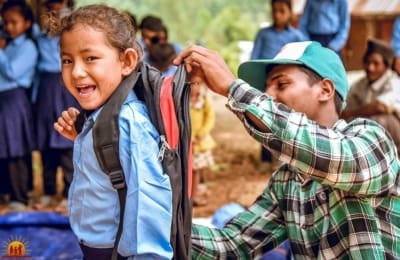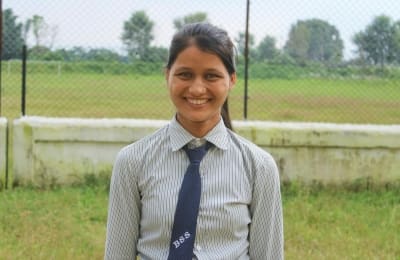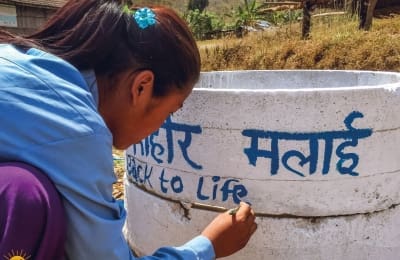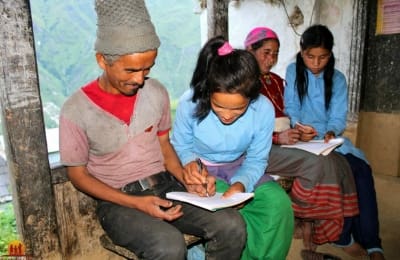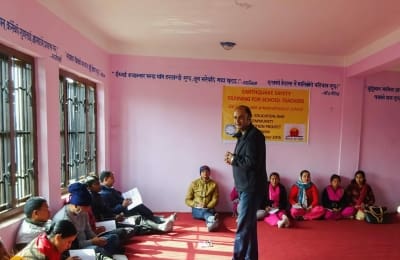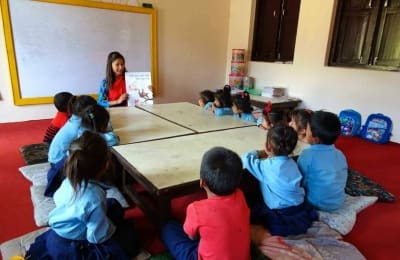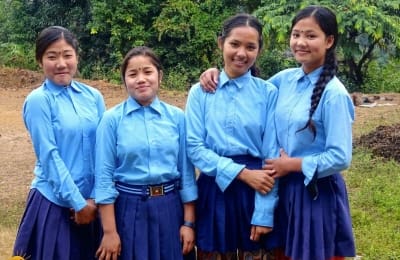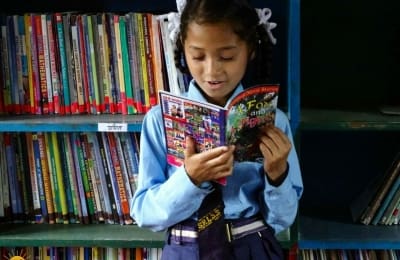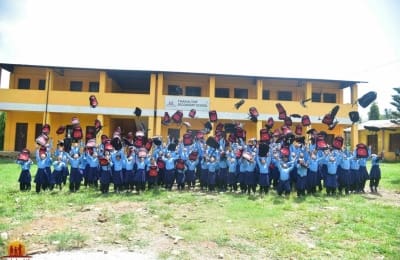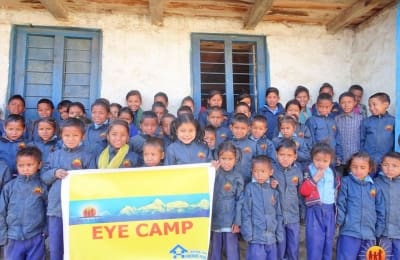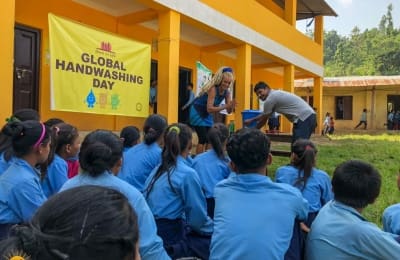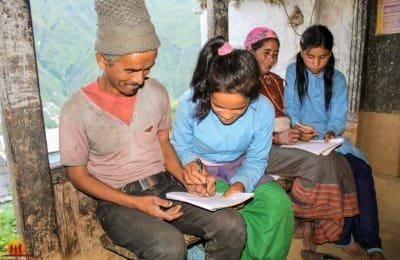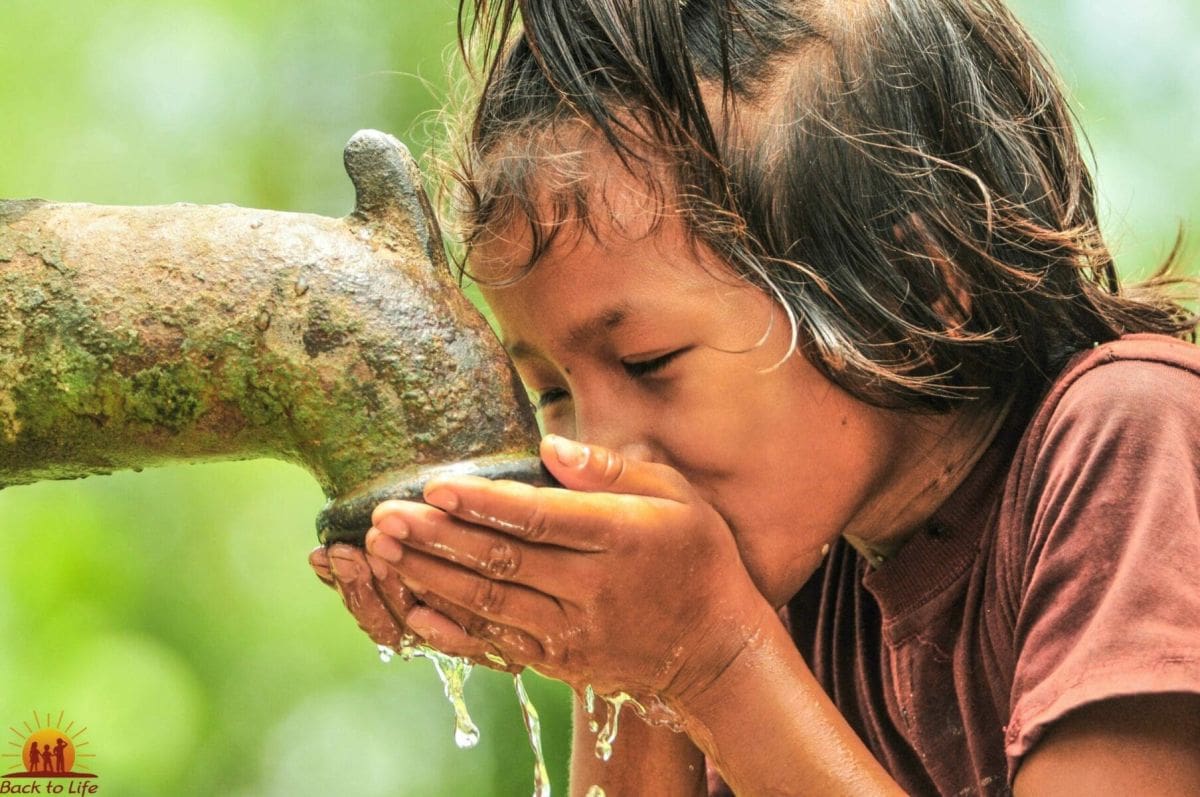
For the health of children – clean drinking water instead of river water
In Chitwan in the south of Nepal, Back to Life has been promoting girls from ethnic minorities so that they can attend school since 2010. Our on-site team noticed that many schoolgirls in the village of Piple are repeatedly late for class. Despite regular health programs, the children were often unwashed and wearing dirty clothes. In addition, an above-average number of students developed diarrhea, especially during the monsoon months, the absenteeism rate increased.
We followed up and found that the villagers did not have adequate access to water. All the water for the household, including that for drinking and cooking, was taken from a river.
Every day the women and girls in the village had to travel a long and arduous journey to get water. Water is needed to make the tea early in the morning, so girls like Rasmita left to fetch water as soon as they woke up. It took the nine-year-old about 30 minutes to get to the water point. Once there, she had to wait some time until it was her turn to fill up the family’s 5 liter canister. Then she walked the same way home, carrying heavy loads.
“I often fetched the water myself,” says Rasmita’s mother Sanu, “but when I had a paid job, I had to send Rasmita and then she didn’t make it to school on time.”
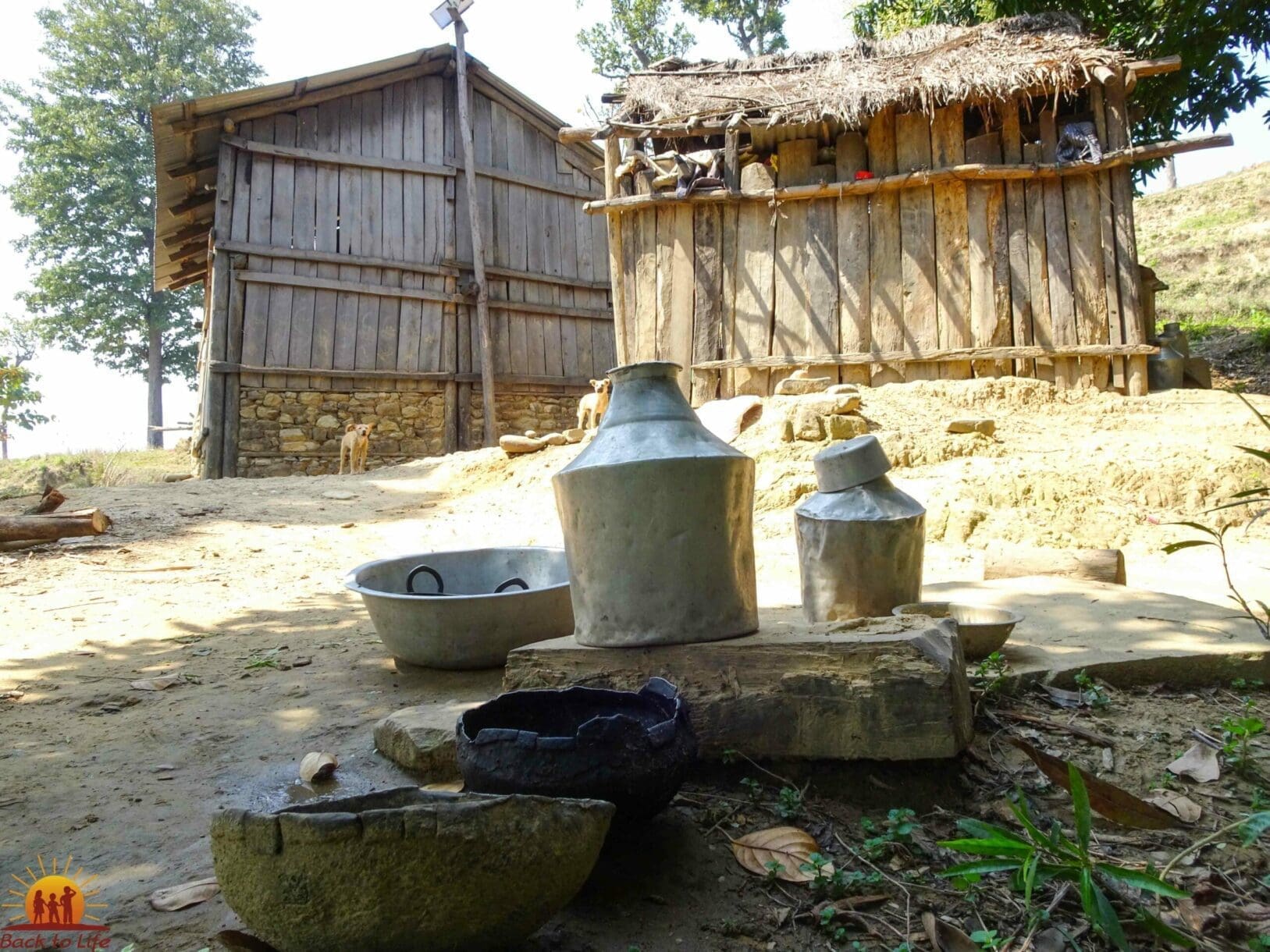

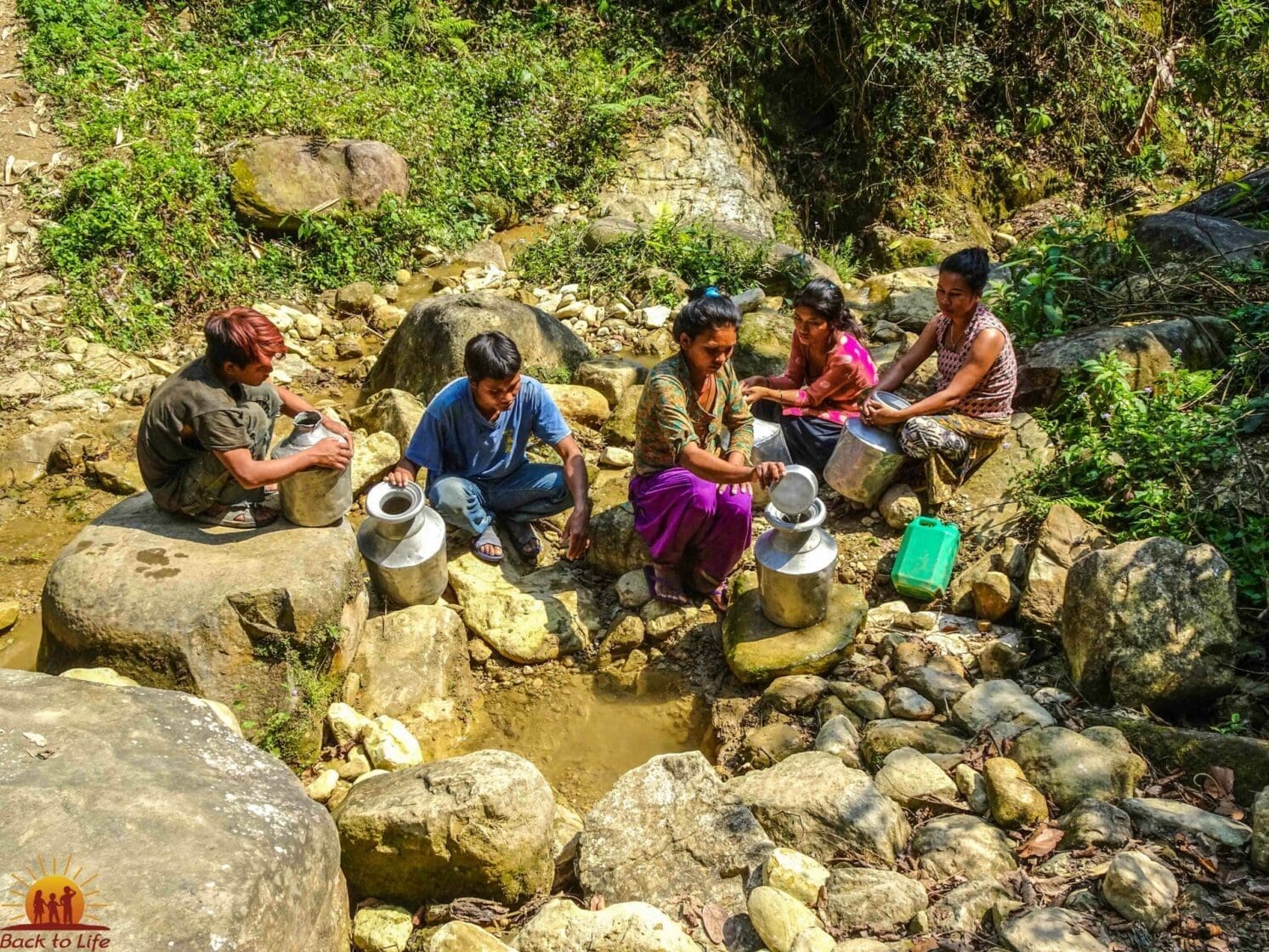

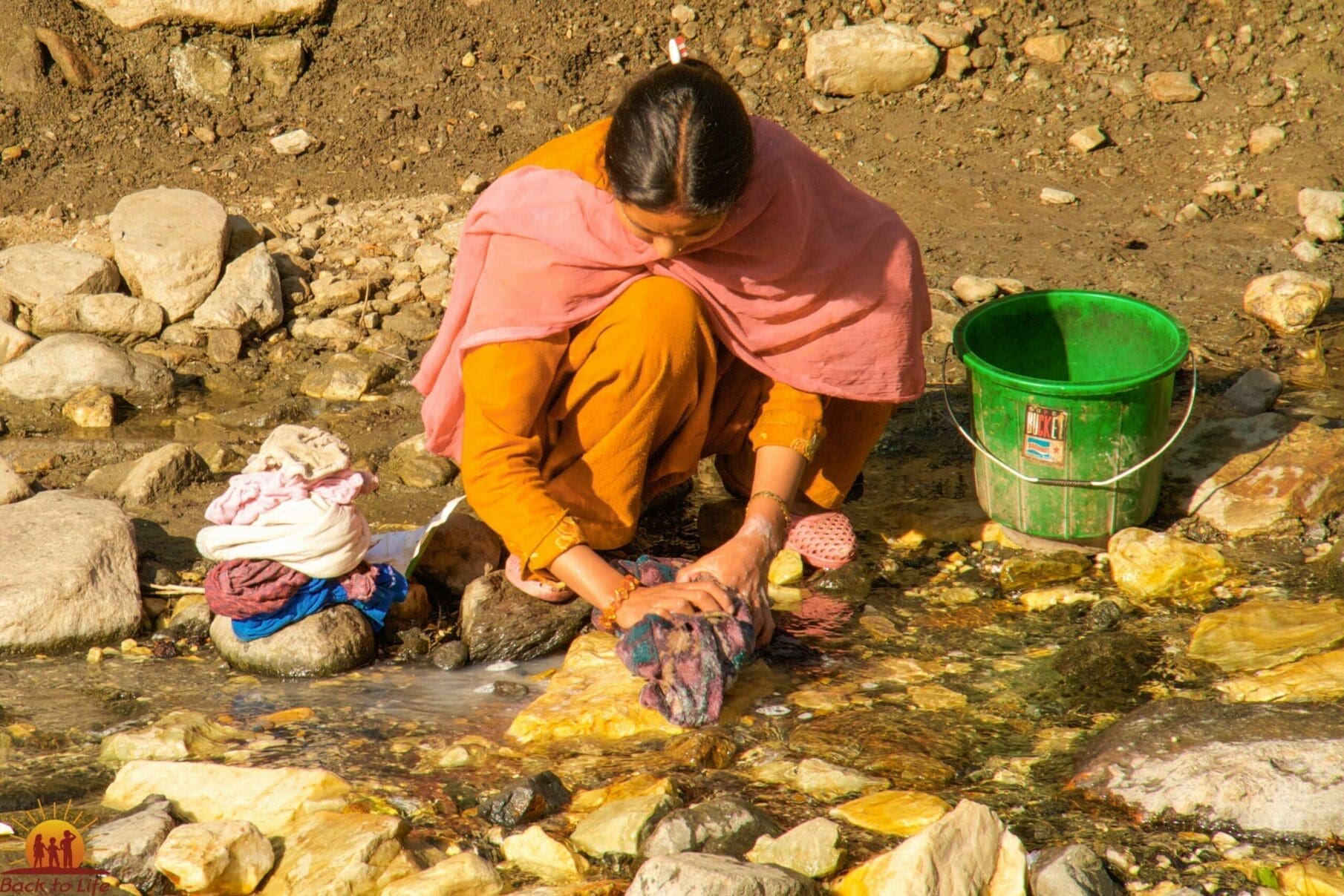

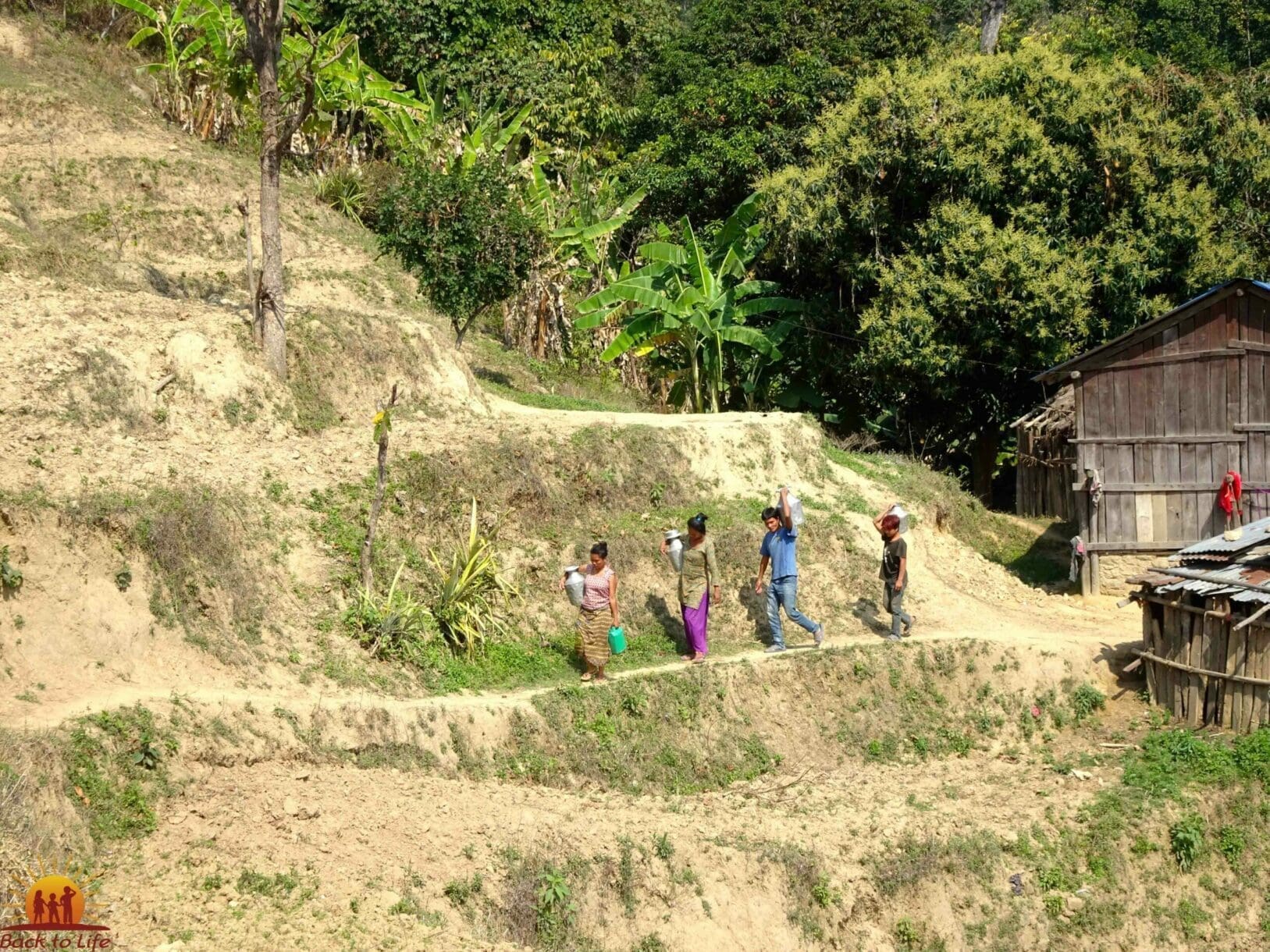

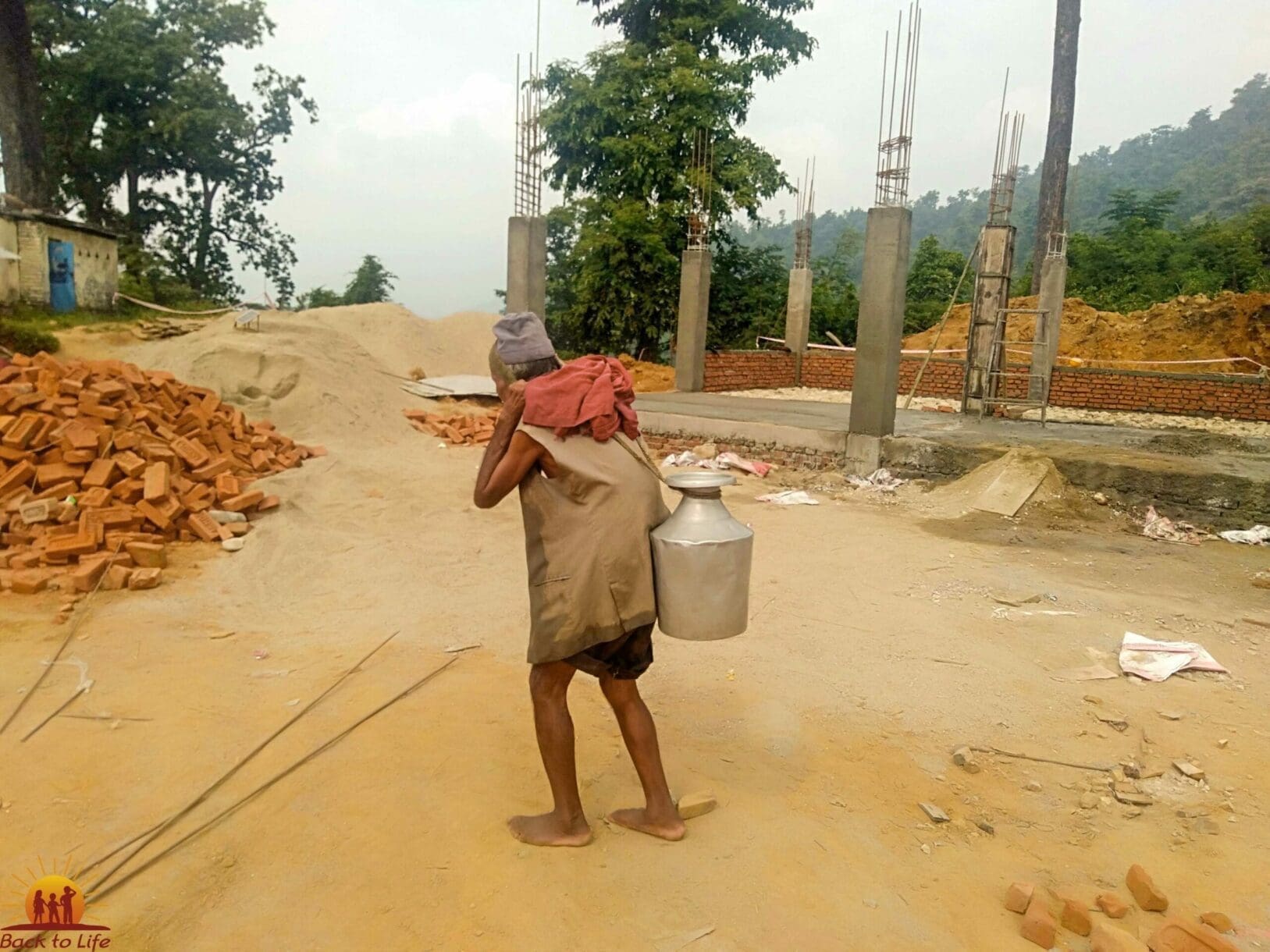

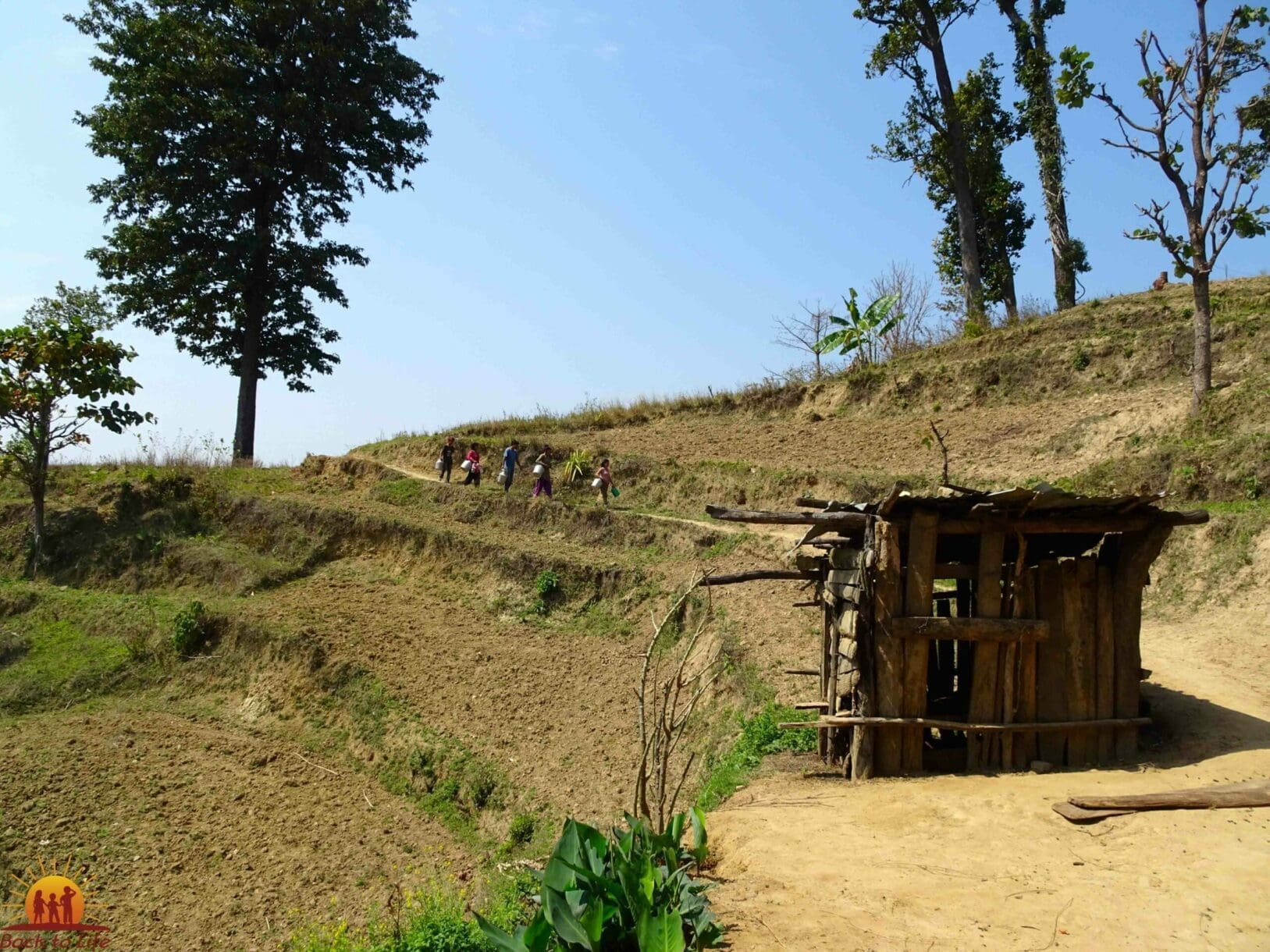

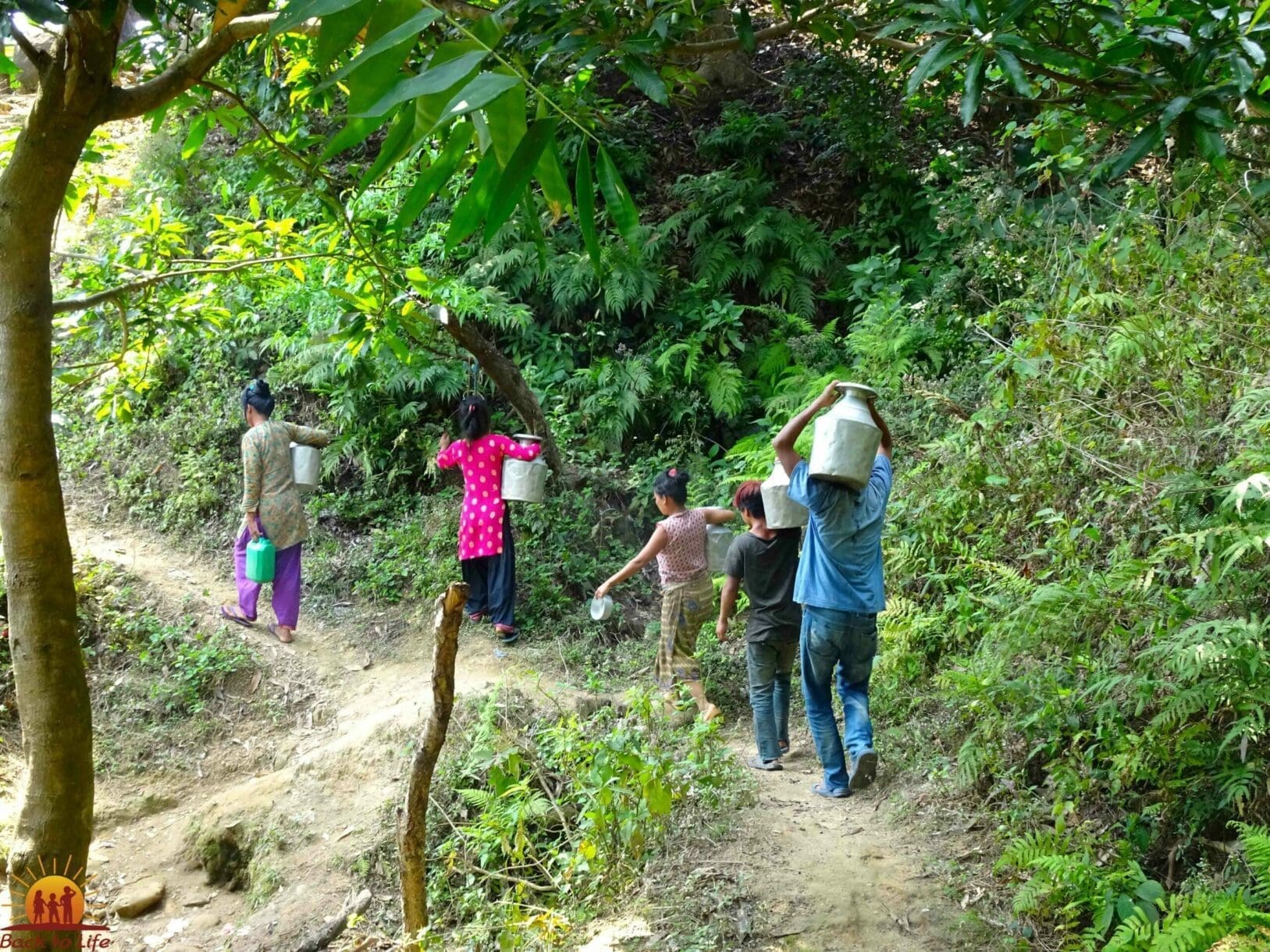

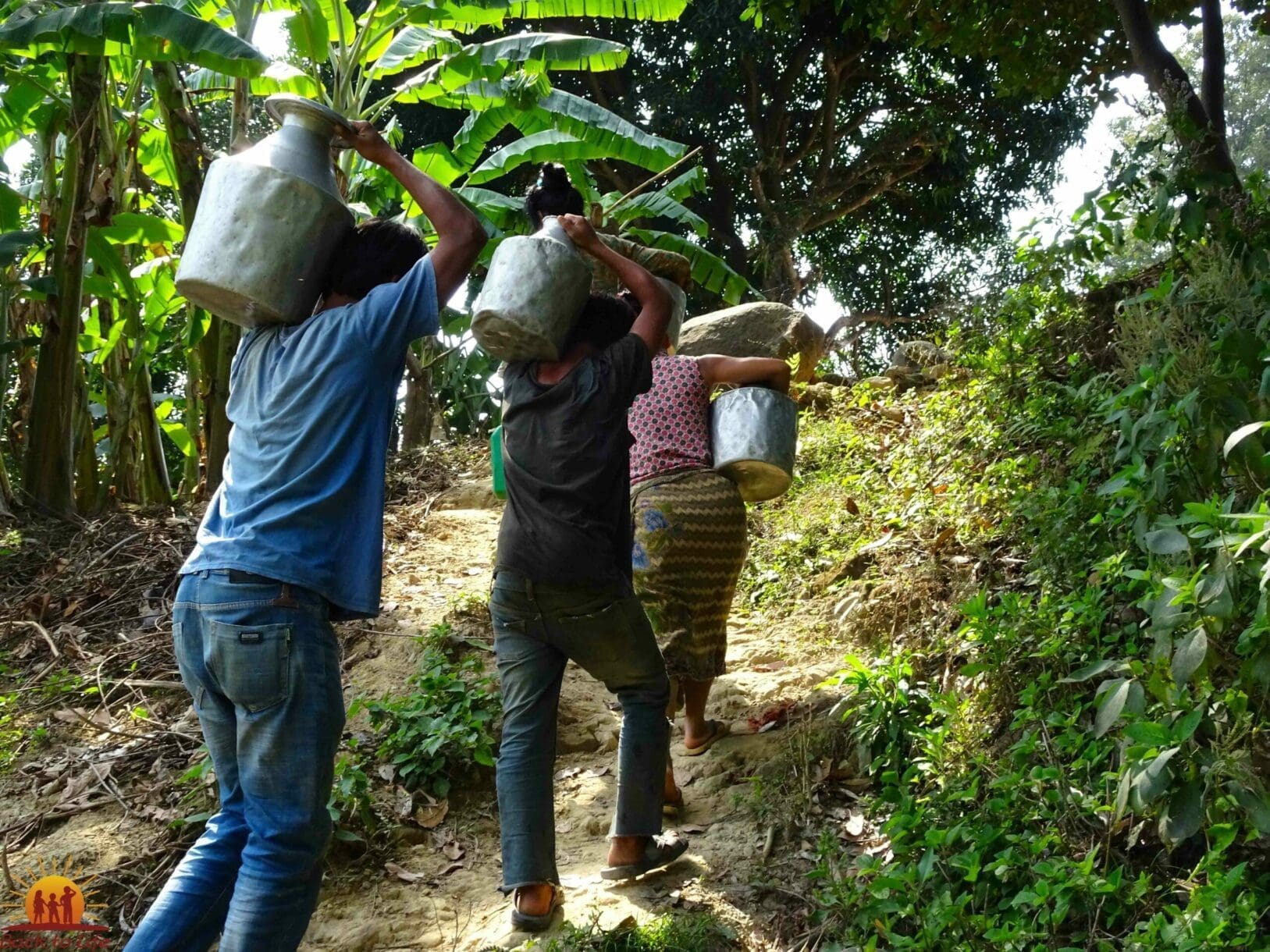

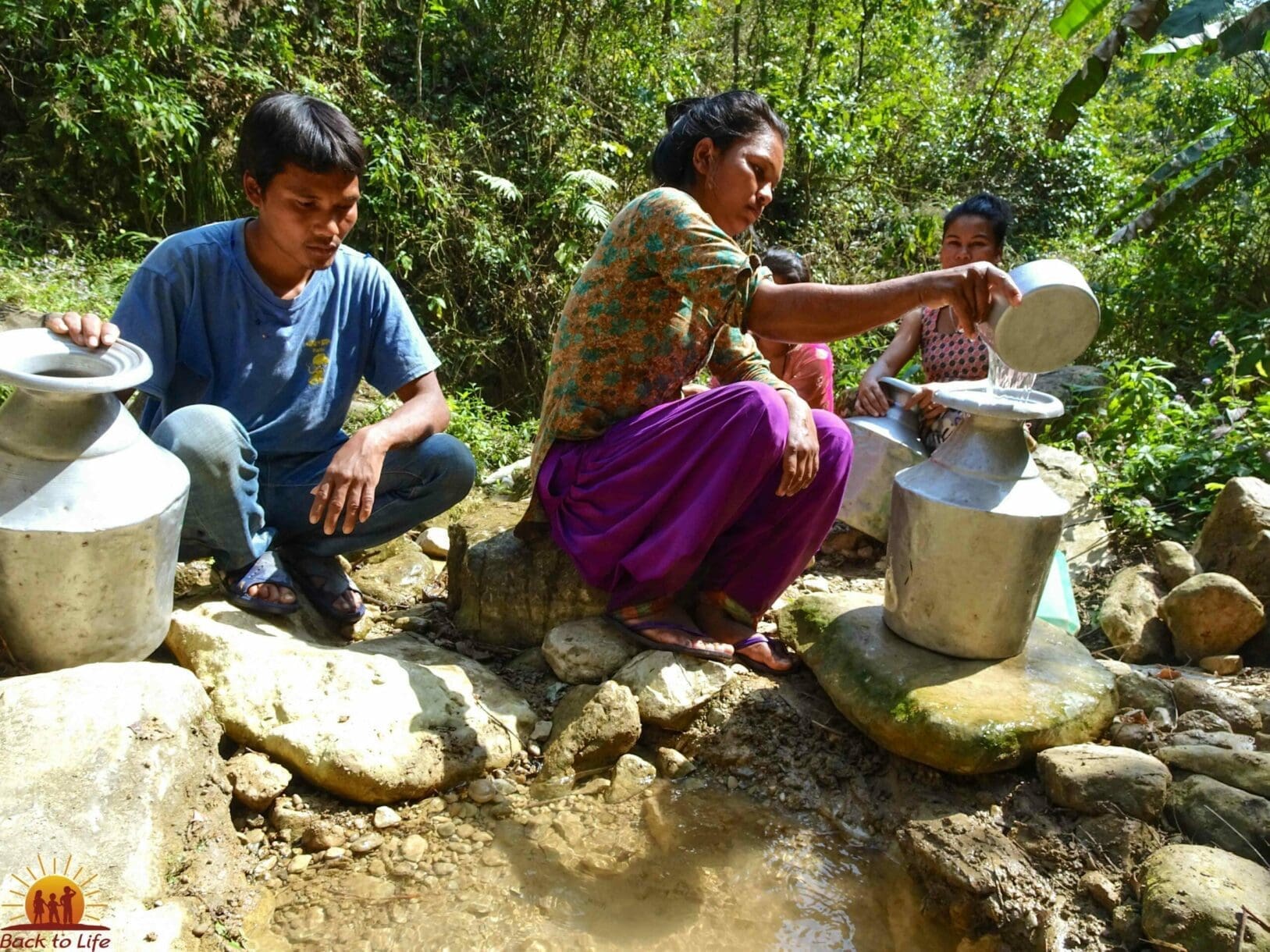

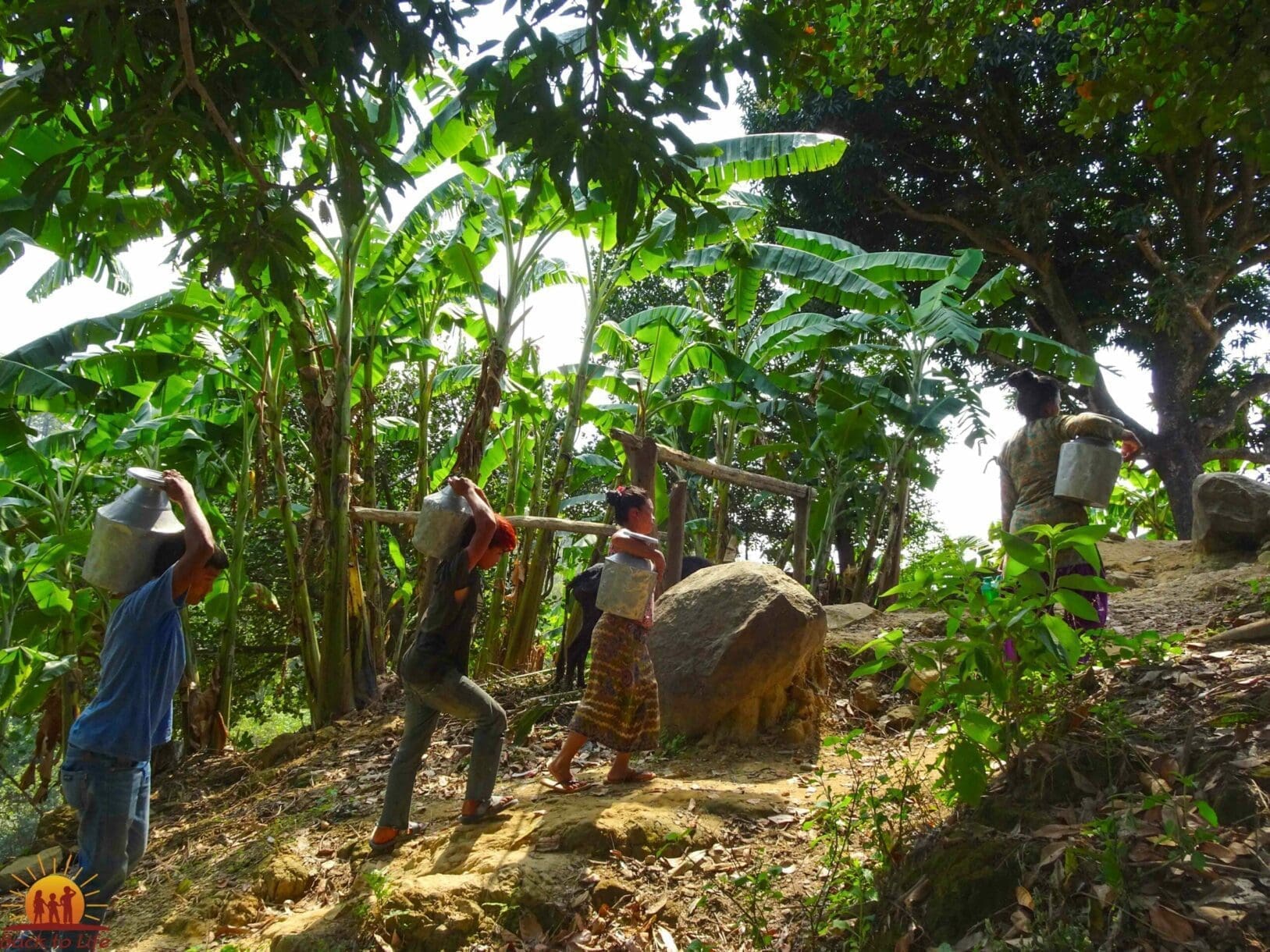

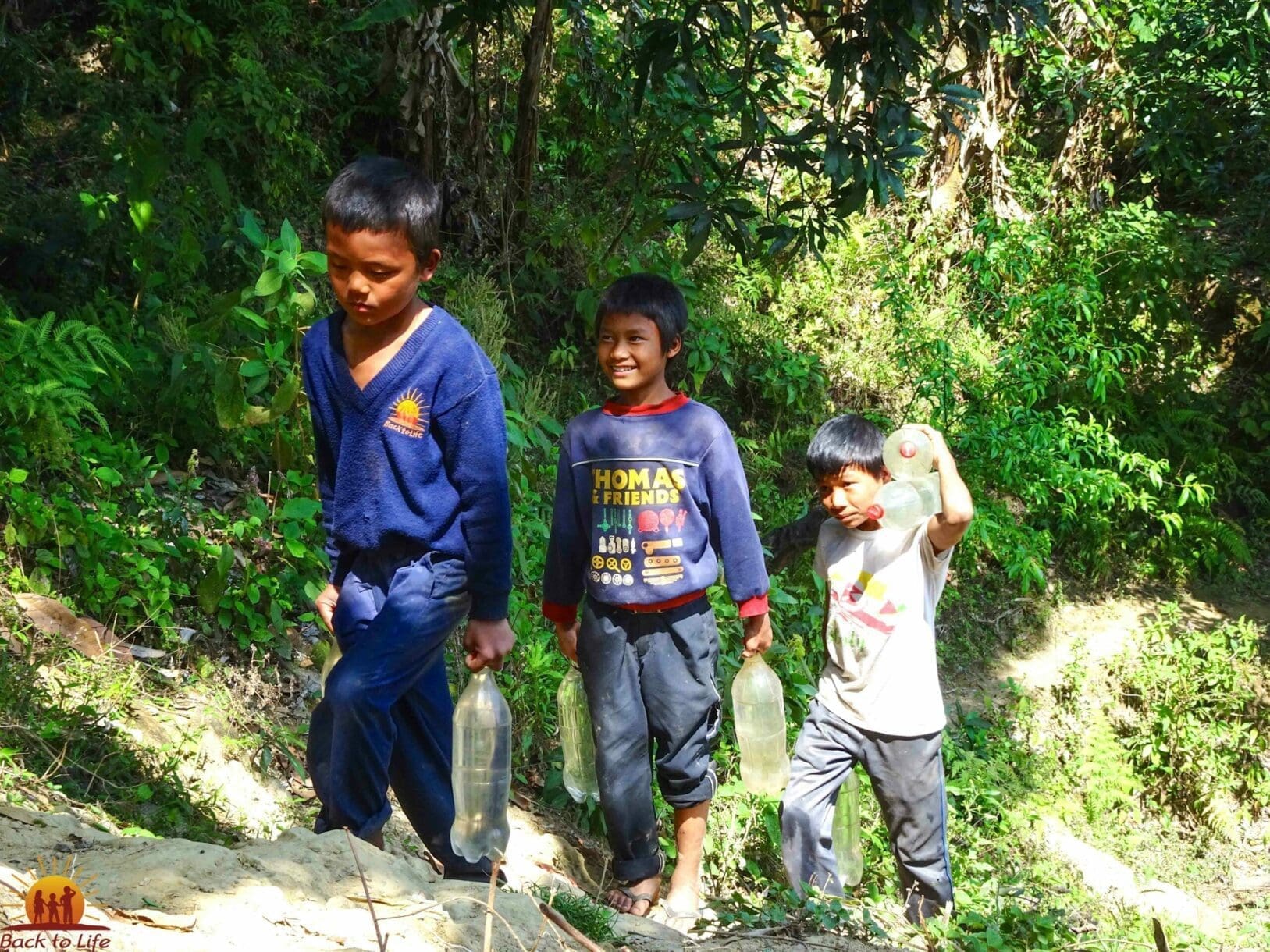

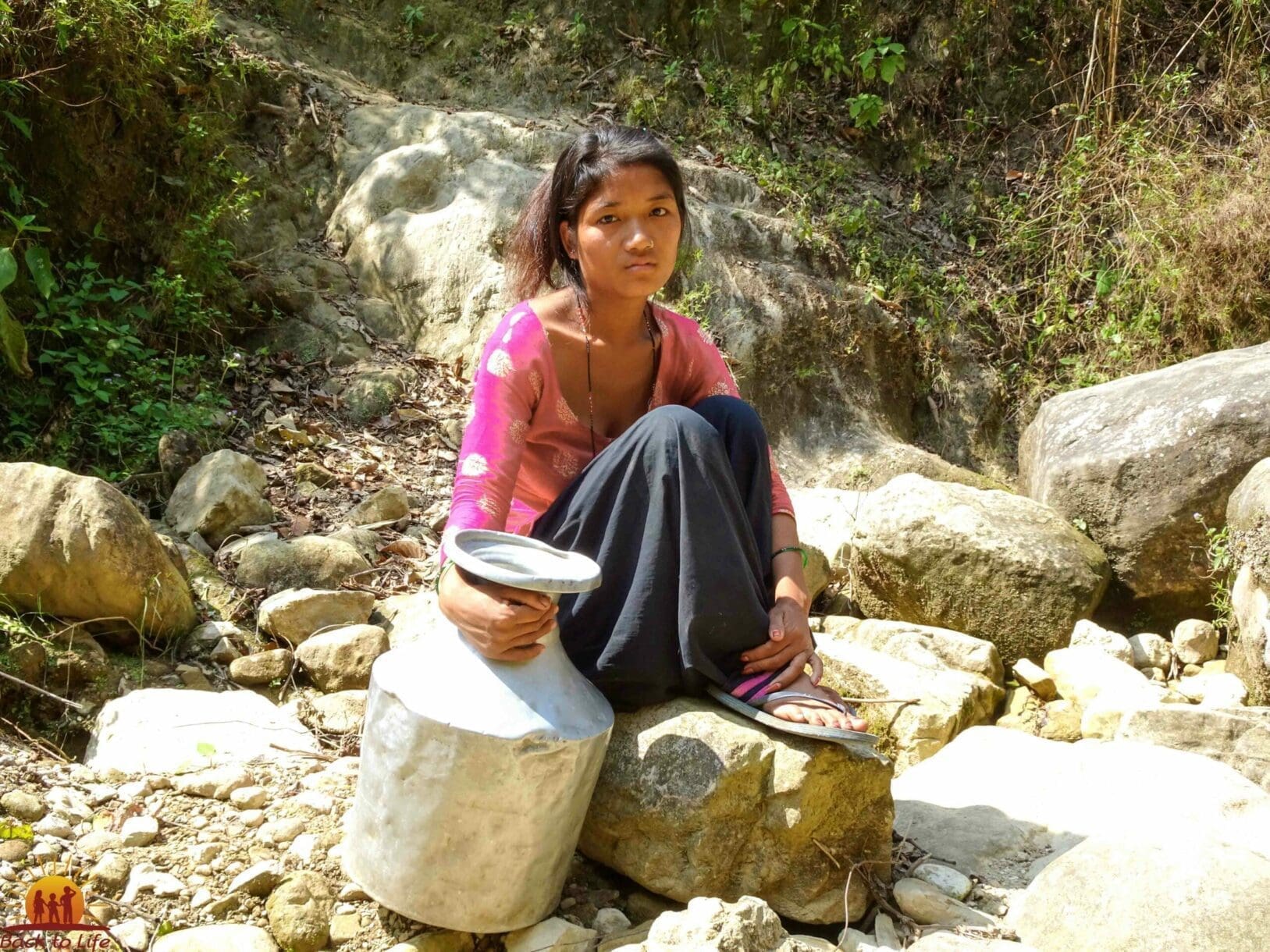

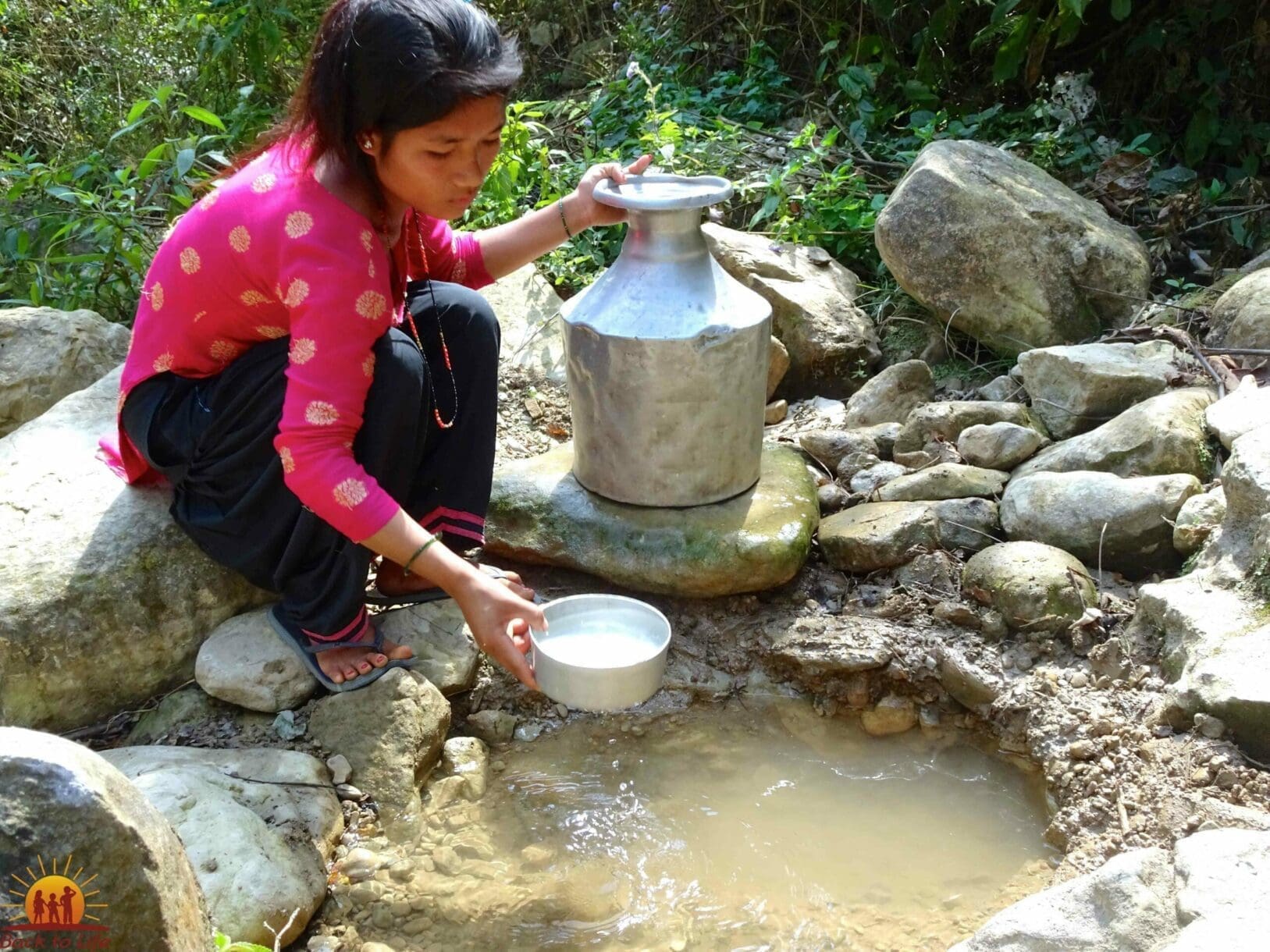

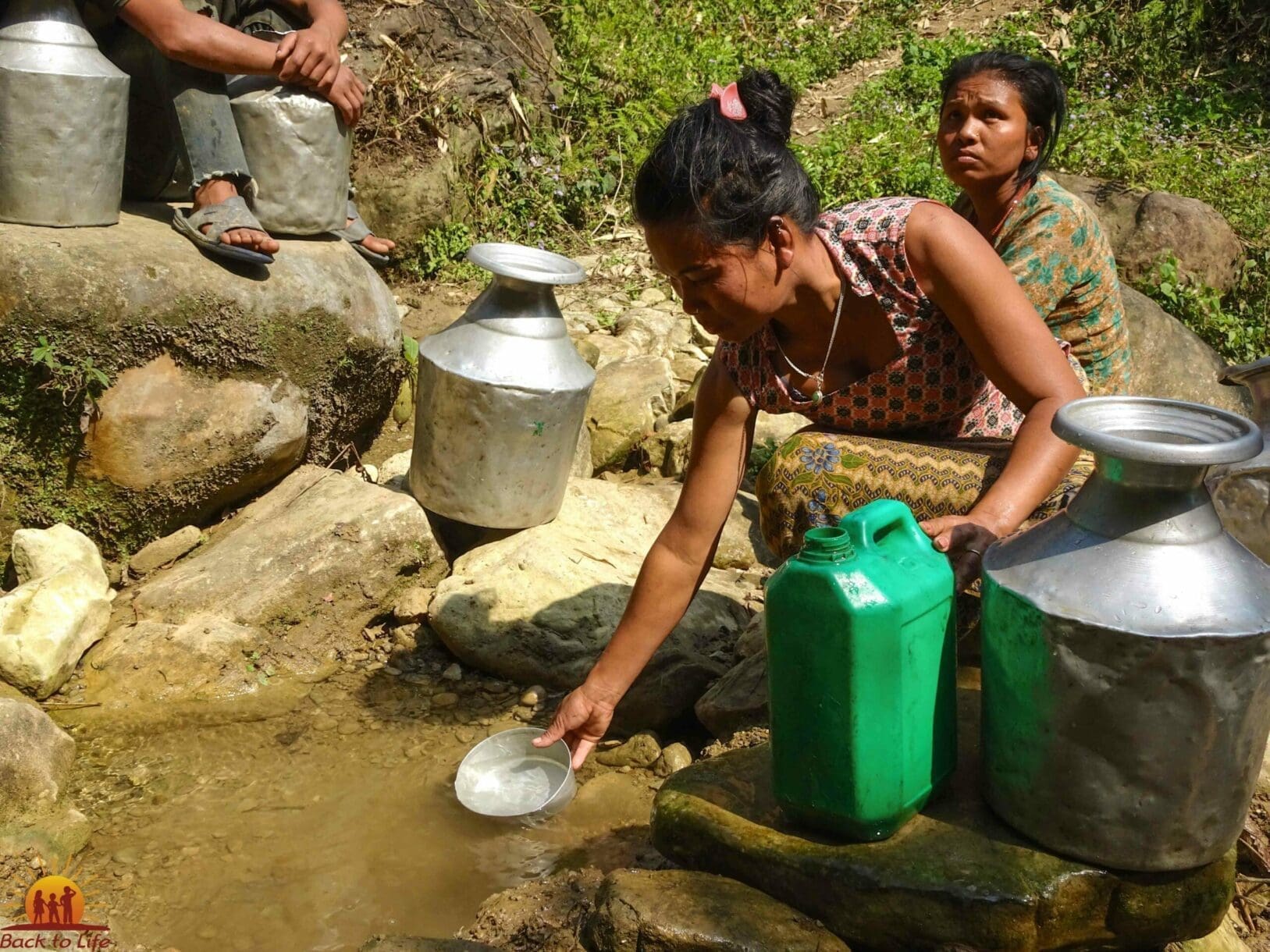

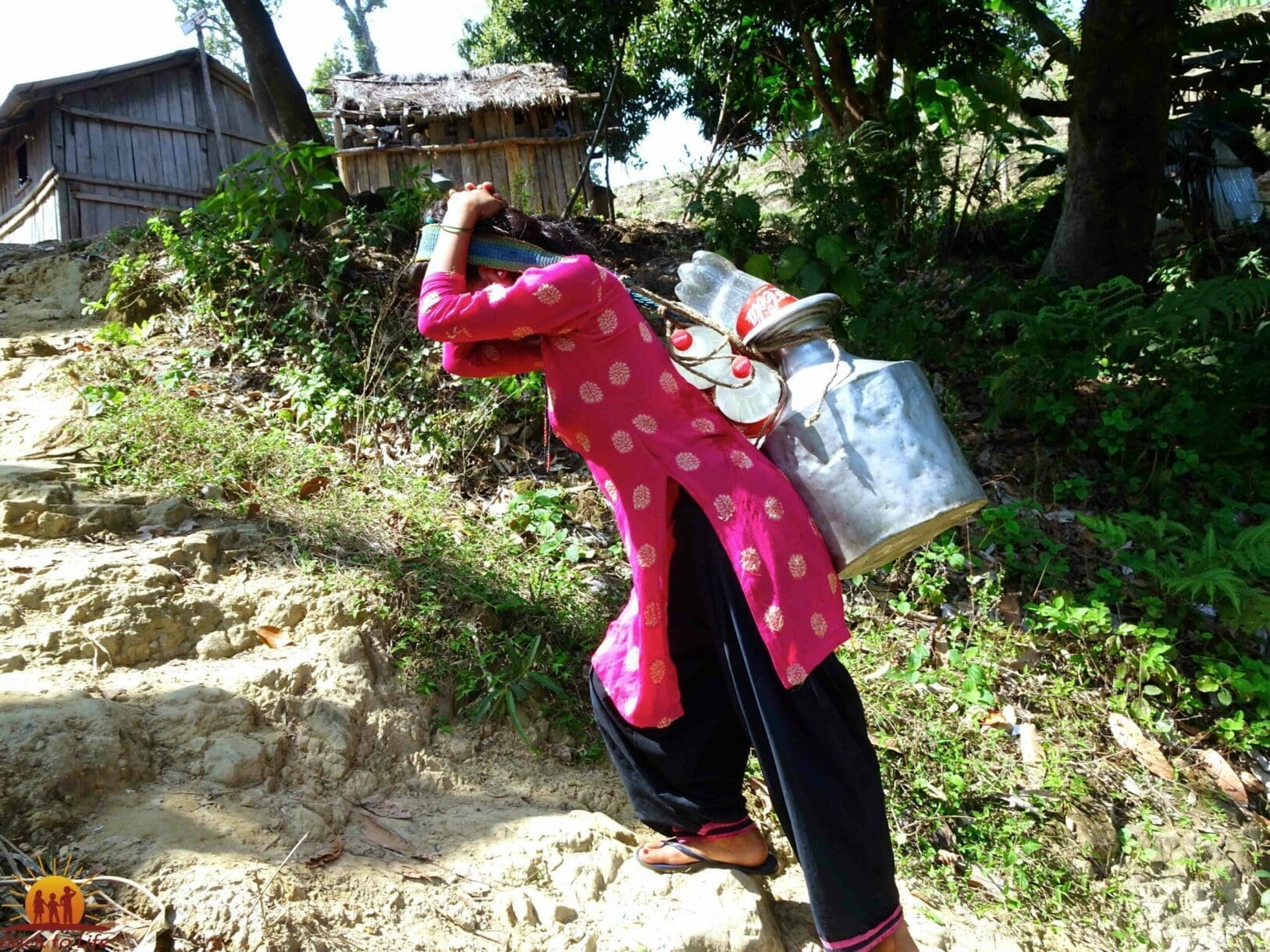

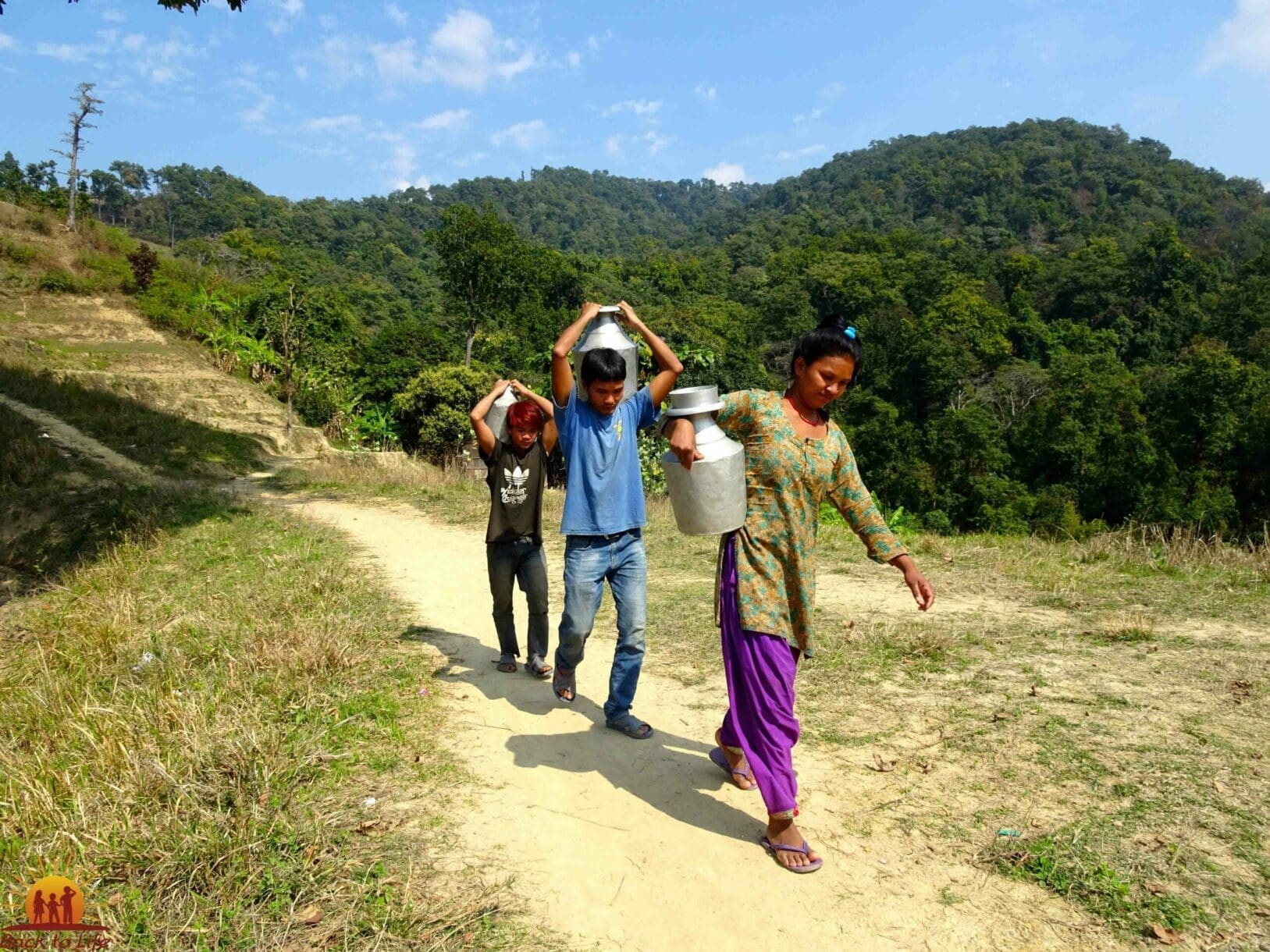

Yam Bahadur Lama, teacher at Rasmita’s school, tells us that around 50 households (around 350 people) were dependent on this distant watering hole. “When the river rises during the monsoons, it brings a lot of rubbish and litter with it. The water is then heavily polluted. Many residents, especially the children and the elderly, develop diarrhea or cholera at this time. “
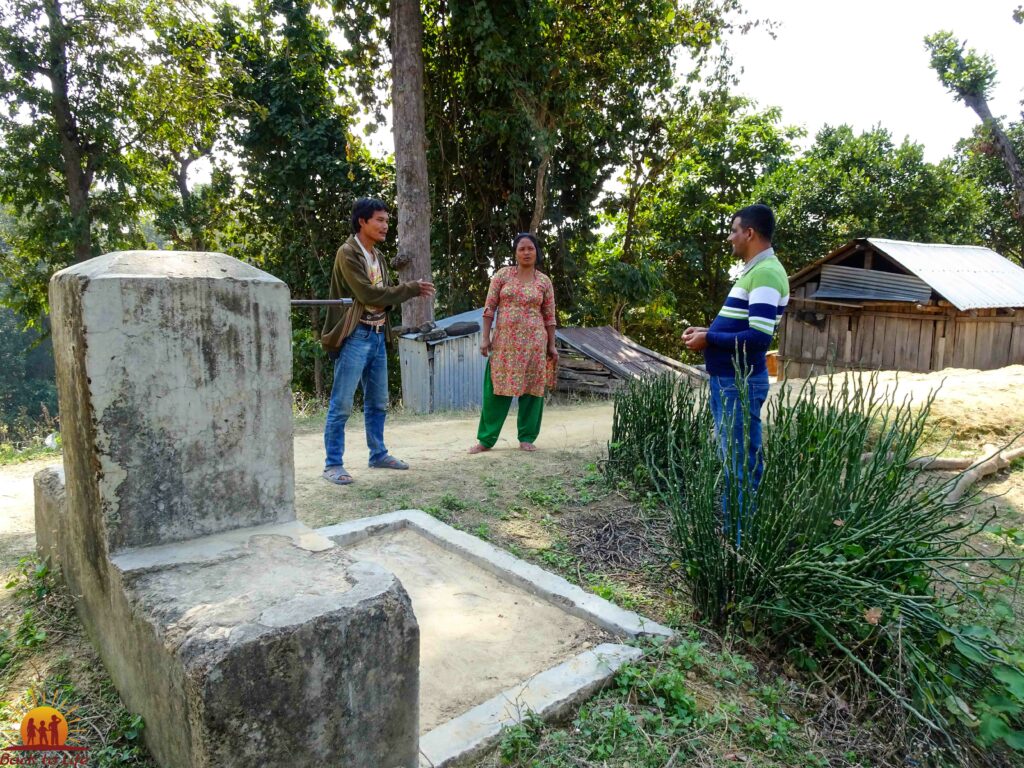
5 wells donate not only water, but a better future / but above all health In order to permanently solve the problem, we brought water supply technicians and an engineer to the village. After extensive consultation, we decided to build five wells including water pumps in cooperation with the village community.
The villagers carried out the construction work with great enthusiasm under professional guidance. We trained a group of selected villagers to maintain the wells and pumps. Before the five wells were put into operation, the responsible health authority took water samples and had them examined in a laboratory according to WHO standards. The wells were only approved by the authorities when the removed water was analyzed as harmless to health.
The inhabitants of the Piple region, especially the women, are very enthusiastic about the new fountains. “I only need two minutes to get to the new water point. It’s a huge relief. It saves us women and children so much time. Valuable time that the children can spend on schoolwork. In addition, everyone now has access to clean and safe drinking water. We will be much healthier, ”said Sanu with all his heart.
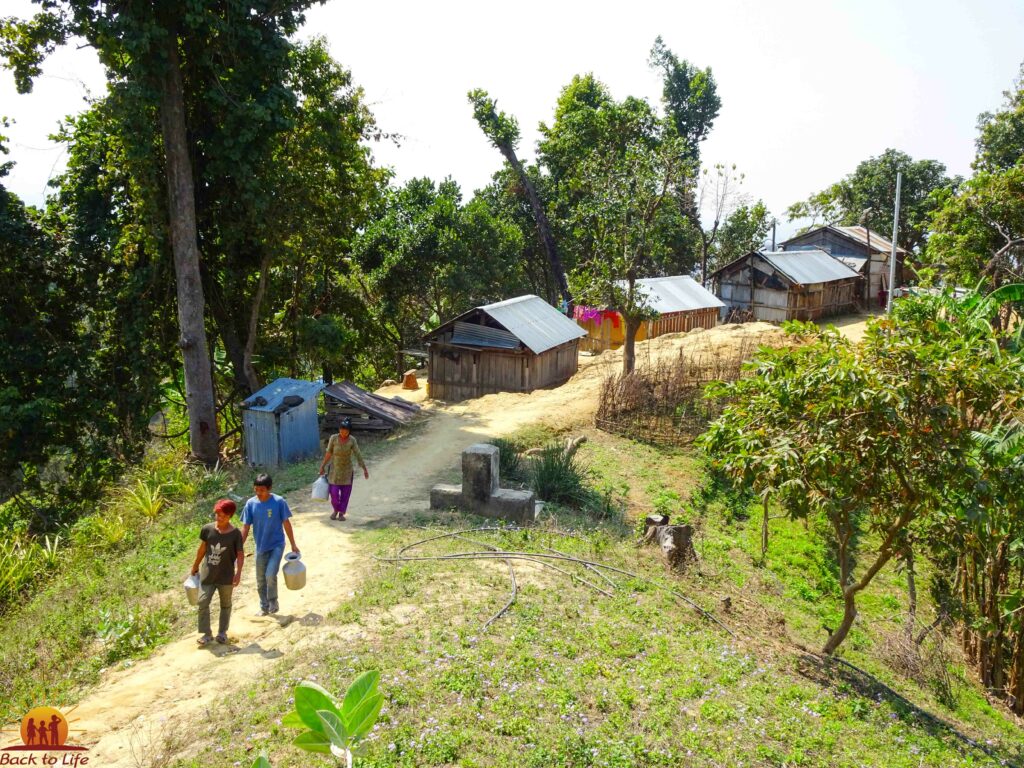
The fountains continue to provide clean water to this day.
